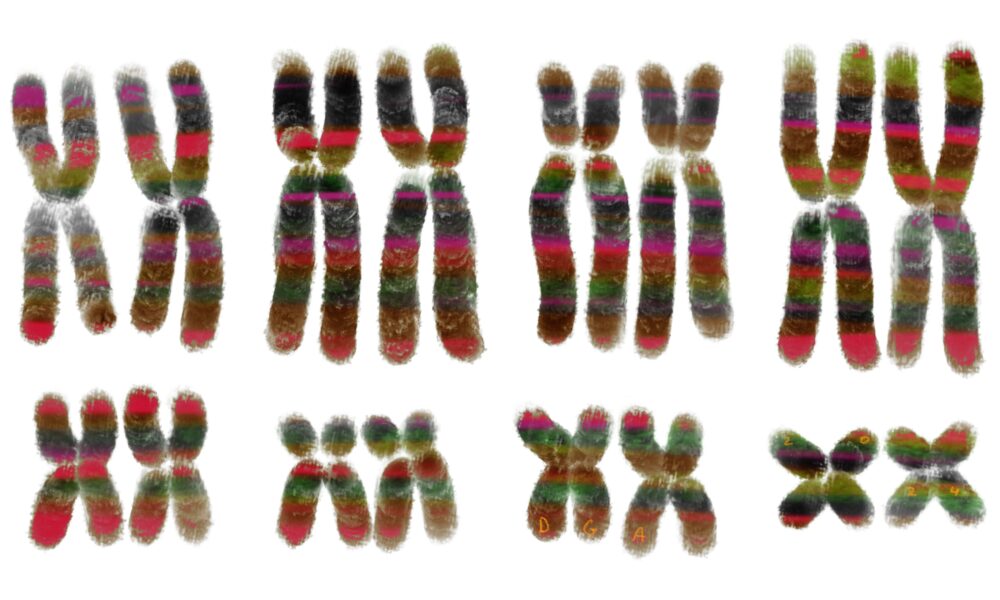Imagine taking what appears to be a harmless DNA ancestry test, expecting to uncover more information about your heritage, only to be met with the discovery that your assumed parent is not biologically related to you.
Direct-to-consumer DNA tests—such as those provided by 23AndMe and Ancestry—typically provide three pieces of information: The consumer’s ethnic heritage, an estimation of certain phenotypical characteristics, and a computation of the consumer’s biological relationships to other users within the database. With nearly 30 million people having taken these tests worldwide, it is estimated that nearly one million of them receive a “Not Parent Expected” (NPE) result, accounting for three per cent of all users.
In a recent publication in the journal BMC Psychiatry, Juliette Careau, a research assistant at the Douglas Research Centre and a recent graduate from McGill’s Master of Science in Mental Health program, investigated the mental health experiences of individuals who received NPE results from their DNA ancestry test.
“This sort of news out of the blue can be very shocking and stressful for participants,” Careau said in an interview with The Tribune. “To them, it was like losing half of themselves; it was like losing half of their family tree.”
Careau also emphasized that this experience is heavily under-researched, leaving people who discover this news with a lack of resources and no established strategy to help navigate this distressing period of time.
“Our goal was to learn more about this topic and how it can affect people, with the hopes of potentially producing resources for this population, as […] there is a lack of appropriate resources,” Careau said.
Careau collected data from 52 participants by conducting in-depth interviews, yielding qualitative data for the study. In 51 cases, participants learned that their assumed father was not their biological father, with the other case being a participant who learned that neither assumed parent was biologically related to them.
The results suggested that there were five overlapping themes at play. First, participants typically describe the experience as an extraordinary shock with a negative impact on their mental health. “I’m trying to figure out who the hell I am,” Participant 41 said in their interview with Careau.
Second, participants reported a severe disruption to their self-identity.
“Other studies I’ve read found similar results in terms of the feelings of grief experienced by self-identity loss,” Careau said.
Next, it was commonly reported that the NPE news often ruptured relations with the mother specifically. This impact was often more damaging in cases where the participant was revealed to have been conceived through an affair.
“Often in psychological studies, we see that we tend to blame our mother more than our father for different life events [in general],” Careau noted.
The fourth theme was that participants often sought social support through friends, spouses, or online groups through platforms like Facebook.
“These groups were typically very useful for them, as it was very helpful to share their experiences and [be] validated by others,” Careau explained.
Lastly, a common theme across participants was seeking out mental health professionals. Interestingly, the study’s findings showed that not all participants found this support helpful.
“Some people did consult with mental health professionals [….] The experience with these professionals was a big mix,” Careau said. “[Participants said] they were not appropriately trained for the specificities of their situation.”
Careau stressed the importance of establishing future implications and guidelines for this population, with her research group working towards developing resources for clinicians to use in these specific situations.
While NPE results may appear to be a rare occurrence, they nevertheless affect one million people globally. Moving forward, examining the impacts that this type of news can have on genealogical test-takers through a more quantitative approach may help to establish better resources for those dealing with the aftermath of taking a ‘harmless’ DNA ancestry test.









